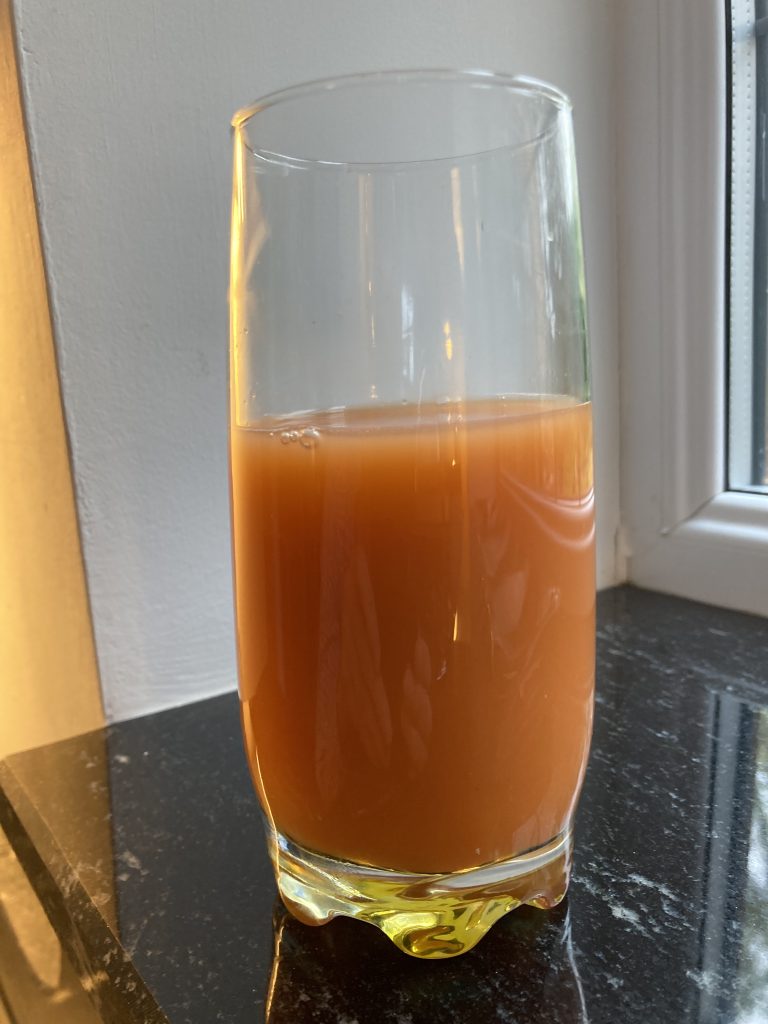Atrial fibrillation
We are seeing an epidemic of this abnormal heart rhythm, especially as people get older, and there may be overlap with other abnormal heart rhythms. This is due to a combination of too many triggers (see below) and hearts that are starved of essential nutrients. As with any disease, removing any causes and supporting the body is a good way forward.
Causes:
Atrial fibrillation (AF) can be continuous or intermittent. When it becomes continuous it tends to stay that way.
There are many triggers for AF such as cigarettes, caffeine, alcohol (especially red wine) and some drugs. With alcohol, studies show that the higher the intake of alcohol the higher the risk of AF. Energy drinks (high in caffeine and sugar) are notorious for triggering AF and other abnormal heart rhythms. Artificial sweeteners (found in diet drinks and processed food) are another cause. Anti-inflammatory drugs (ibuprofen, naproxen, diclofenac) are also prone to trigger it, making AF 70% more likely (even in the first 30 days after stopping them). In one study 10% found monosodium glutamate could trigger AF and 4% found aspartame was the trigger. Hydrogenated (trans) fats and pesticides are also triggers. Other drugs which can trigger AF are amitriptyline, steroids and theophyllines. Surgery is a common trigger, probably due to the anaesthetic. Infections, including the herpes virus, are another trigger.
Short-term exposure to particulate air pollution can trigger atrial fibrillation (usually about 2 hours after exposure) and long-term exposure can increase the incidence of this disease.
Electromagnetic fields can be an important and often forgotten cause of AF. These can come from wifi, mobile phones and masts, DECT phones and smart meters. Avoid these where possible and particularly avoid keeping a mobile phone in a top pocket near the heart.
The Framingham study found those with lowest magnesium levels were 50% more likely to develop atrial fibrillation compared to those with higher levels. Magnesium deficiency is common and some estimate that up to 70% of the population may have borderline levels. We take in an estimated 10% of the magnesium we need from our diet. However the commonest cause of deficiency is PPI drugs like omeprazole and lansoprazole which block magnesium absorption.
Often high doses of magnesium are needed in atrial fibrillation, gradually increasing up to 1000mg daily. Increase up to the point the stool is loose, indicating the body has enough magnesium. Cardioversion is 50% more successful if magnesium is added first.
Deficiency of Co-enzyme Q10 is another cause. The highest levels of this nutrient are normally found in the heart. Statin drugs reduce levels of Co-enzyme Q10. American cardiologist Stephen Sinatra has found Co-enzyme Q10 helps to protect against abnormal heart rhythms. I once saw a lady who developed AF after she started statins. These drugs need to be used with care in atrial fibrillation and at the lowest possible dose. Co-enzyme Q10 has been shown to decrease abnormal heart rhythms by 25% in diabetics.
Other nutrients including selenium, potassium and chromium (especially if long QT interval on ECG) are important in protecting against atrial fibrillation.
Atrial fibrillation can be triggered by a wide range of toxic factors combined with low levels of protective nutrients. This is the pattern we see in a wide range of chronic illnesses.
As an example Dr Rupy Aujla (author of the Doctor’s Kitchen) developed atrial fibrillation as a young doctor, which is highly unusual. He was offered ablation therapy but rather than undergo such a drastic treatment he started eating a healthy plant-based diet, began meditation and yoga and limited his time on computers and phones. One year later his attacks stopped and he came off medication.
Treatment
Because of the increased risk of stroke blood-thinners are typically used for persistent AF often combined with drugs to slow the heart such as beta-blockers. Ablation therapy and cardioversion (best used with Vitamin C and magnesium –see leaflet on this) may be used in the early stages. Heart-friendly nutrients can also be helpful (see leaflet on nutrients and the heart). A meta-analysis of 12 trials showed that intravenous magnesium given during attacks of fast atrial fibrillation was 80% successful. Sadly it is rarely used. Acupuncture also has a good record with newly-diagnosed AF.





